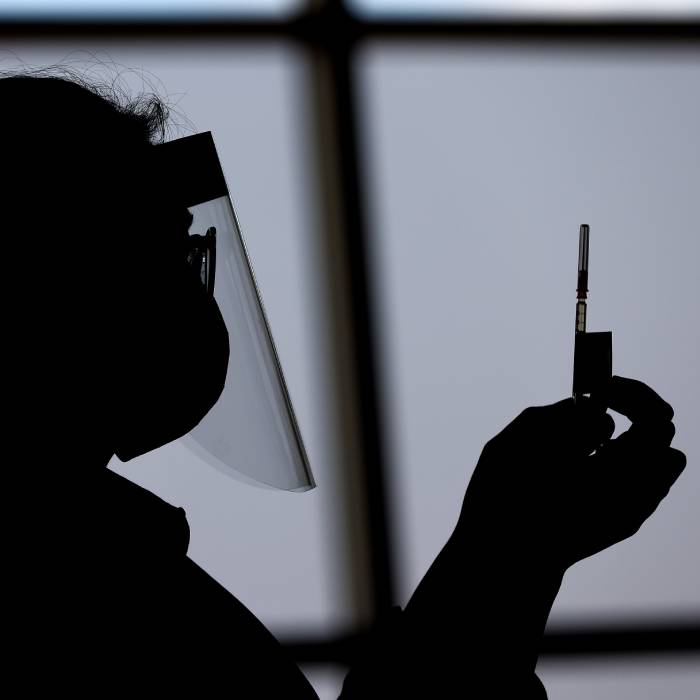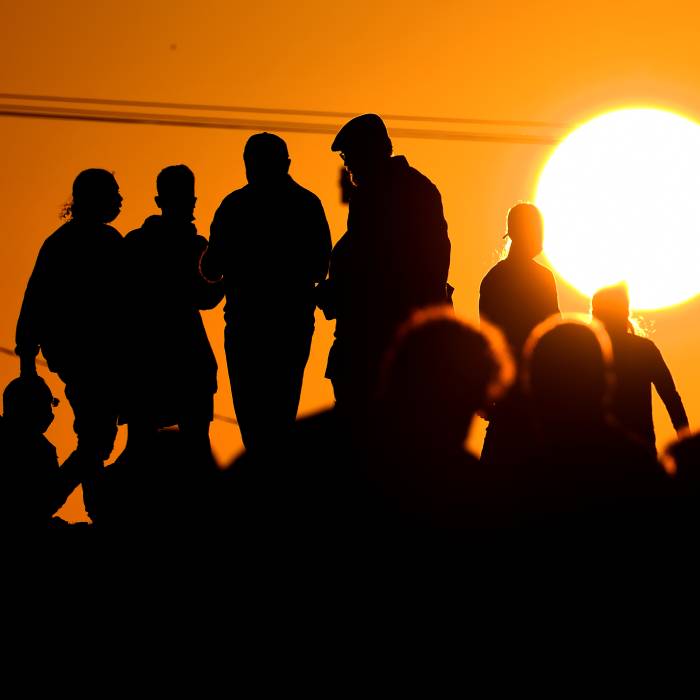The Reserve Bank of Australia board is deciding its next rates move against a backdrop of persistent price pressures, a slowing economy and as opinion polls show the public is starting to favour the opposition.
After the fourth two-day meeting of the year, the board will deliver its decision on Tuesday and economists almost universally expect no move from 4.35 per cent and neither another hike nor a cut ruled out in its post-meeting communications.
The central bank board has a number of important data releases to pore over, including the March quarter national accounts, as well as the Fair Work Commission’s minimum wage call and state and federal budgets.
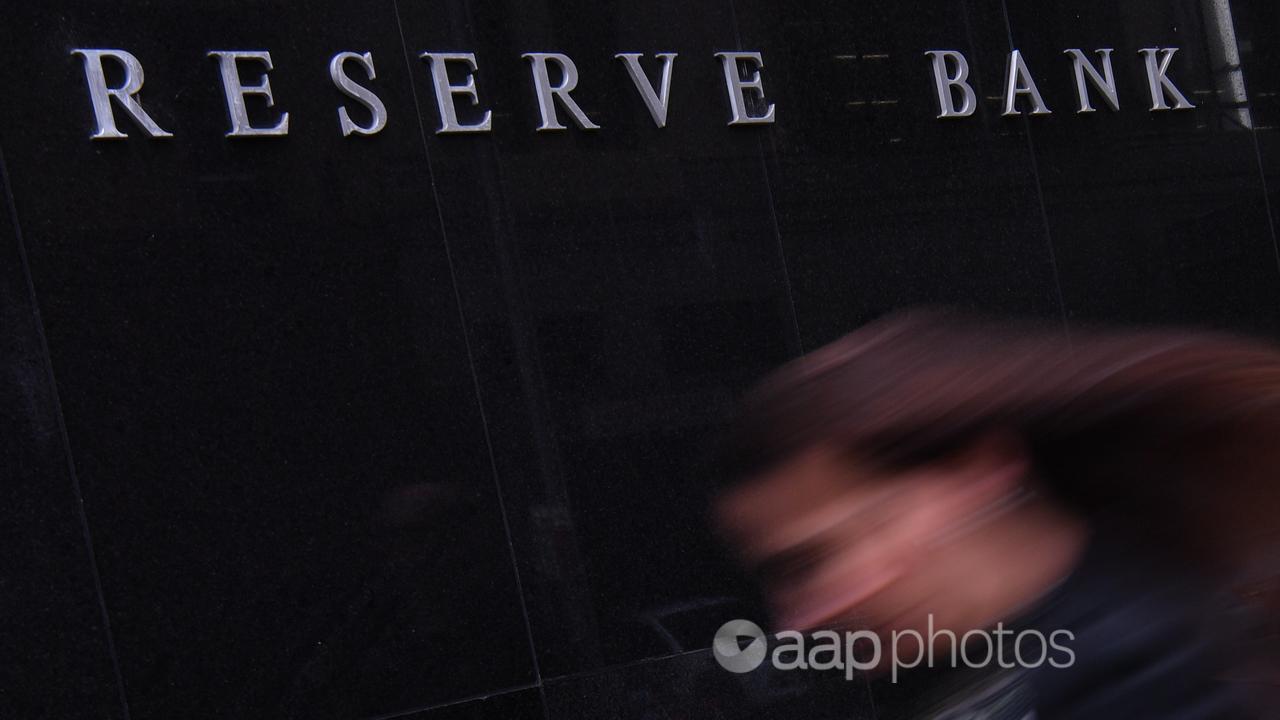
New spending in the federal budget, including energy bill rebates, has attracted some criticism, with 19 of 26 economists and analysts polled by Finder expecting inflationary pressure from the May budget.
But with the economy growing a meagre 0.1 per cent in the March quarter, Treasurer Jim Chalmers says a “slash and burn” approach would have been irresponsible.
Despite concerns energy bill rebates would add to inflation, RBA governor Michele Bullock told a parliamentary hearing earlier in the month they would not have a material impact either way on the inflation outlook.
The opposition has repeatedly attacked the budget strategy, saying the government was adding to inflation at a time when the Reserve Bank was trying to bring it down.
Polling suggests voters are tilted in favour of the opposition’s approach to economic management.
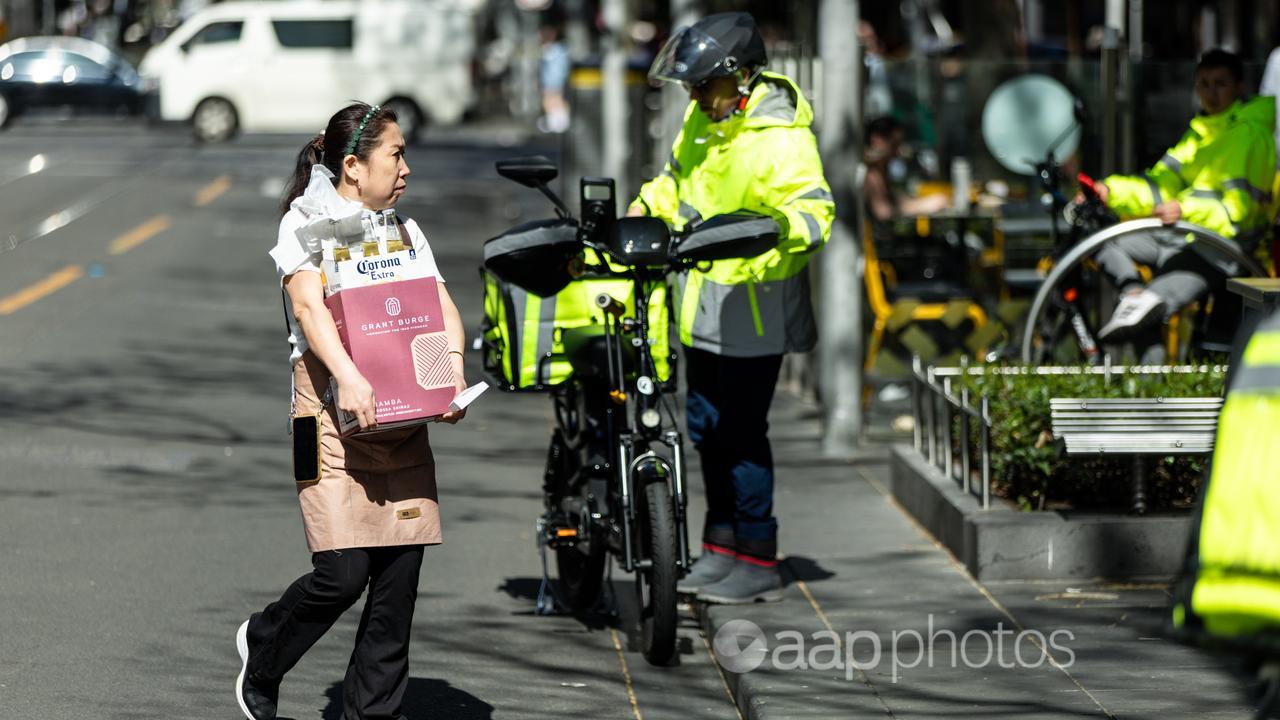
About 40 per cent of voters preferred Opposition Leader Peter Dutton and the coalition as economic managers compared with 24 per cent who preferred Prime Minister Anthony Albanese and the Labor Party, according to the Resolve Political Monitor, conducted for The Age and The Sydney Morning Herald.
Even as inflation remains above the two per cent to three per cent target band – lifting 3.6 per cent annually in the March quarter – and growth remains sluggish, the jobs market has proved a bright spot.
Job ad numbers released on Monday suggest the labour market remains robust – with open roles still 20 per cent above pre-pandemic averages, as charted by ANZ and Indeed – but is starting to cool.
Falling 2.1 per cent in May and down 23.9 per cent from the peak in job ad volumes in late 2022, ANZ economist Madeline Dunk said the labour market was softening but doing so very gradually.
“The path of job ads suggests we’ll see a continued moderation in the labour market over the coming year,” she said.
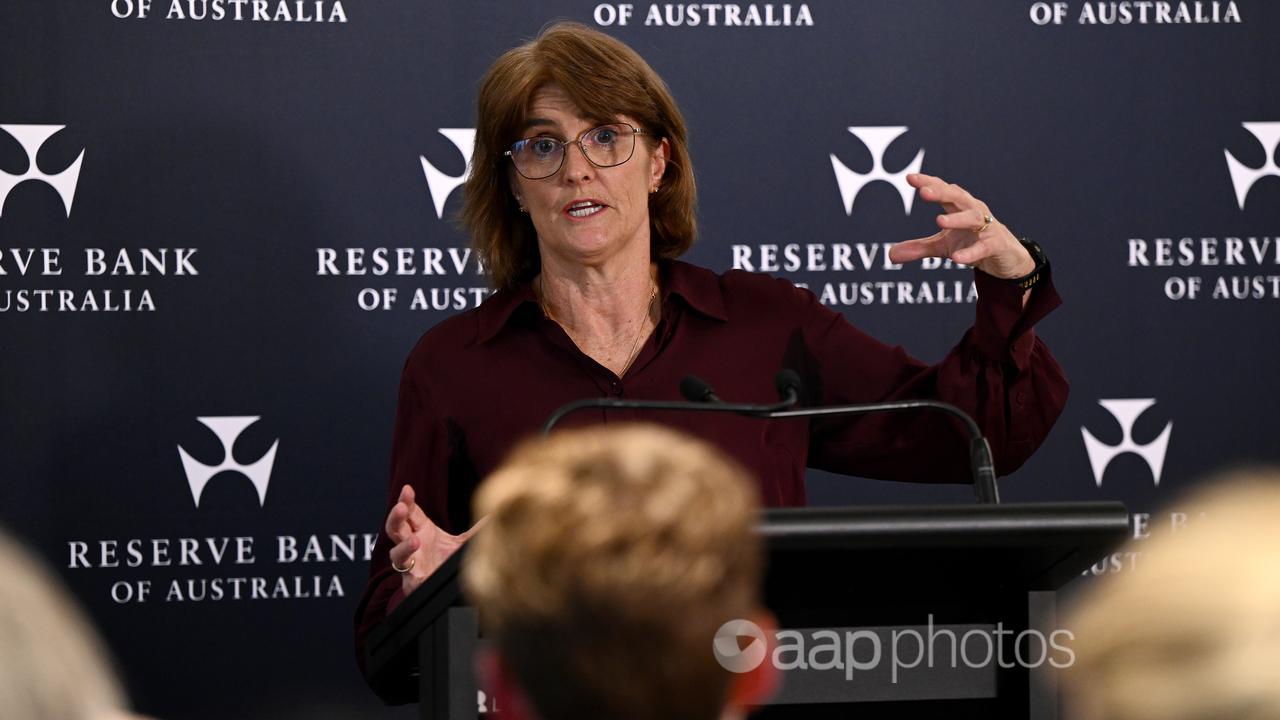
The RBA expects the labour market to loosen slowly following its aggressive series of interest rate hikes that began in 2022.
Before the June interest rate meeting, the RBA shadow board of macro-economists said the labour market presented a “complex picture with mixed signals”.
Yet even with the jobless rate falling and the employment rise driven by full-time positions, the shadow board said wages were growing only a little faster than consumer prices and not adding significantly to inflationary pressures.
The shadow board recommended keeping the overnight cash rate on hold though noted the “risks has shifted slightly to the downside since the last round”.
















